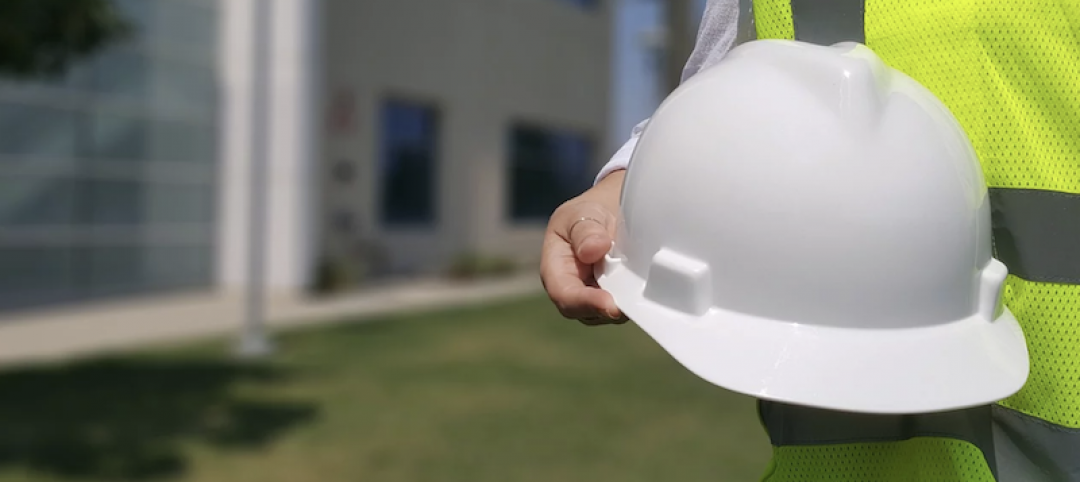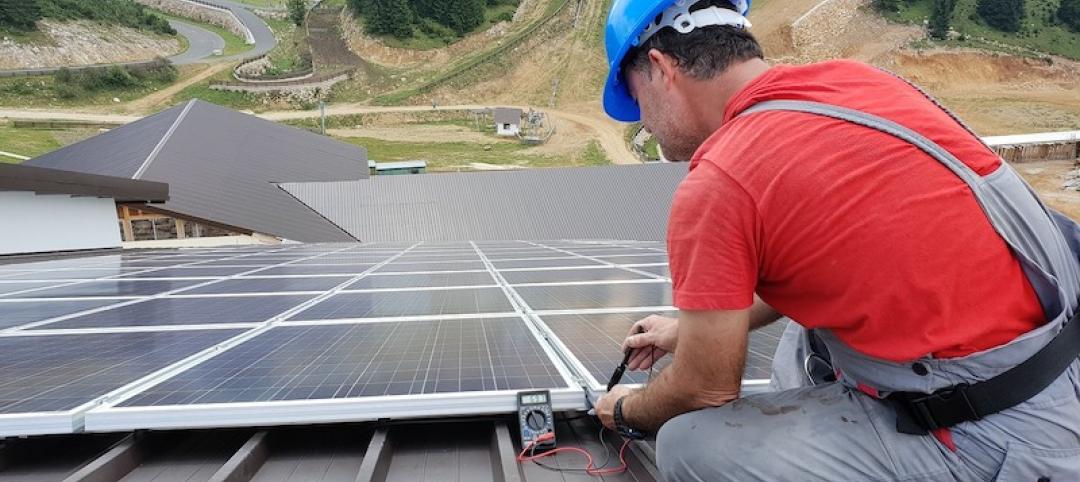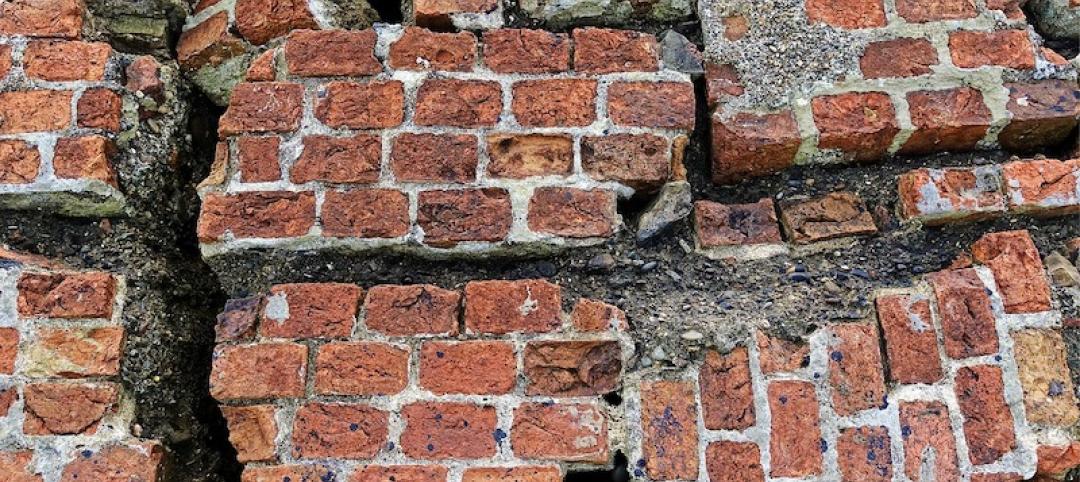The Fairfax County Board of Supervisors recently strengthened its green building policy, requiring higher standards for residential, retail, office and other construction projects seeking approval for rezoning.
The board’s chairman said that the county’s green building policy is “a major component of our board’s environmental agenda and my own efforts toward making Fairfax County a leader in energy efficiency.” The policy was updated to include changes that have been made in rating systems of green buildings.
LEED certification or equivalent programs have been extended to industrial areas under the plan, and for proposals in high density areas. The new plan also urges data collection of water and energy use within buildings and a requirement for infrastructure supporting electric car charging stations. Some board members cautioned that the new requirements could be too costly for developers.
Fairfax County first adopted a green building policy in 2007. The County government has built 16 green-certified buildings since 2008.
(http://www.connectionnewspapers.com/news/2014/jul/10/fairfax-updates-green-building-policy/)
Related Stories
Codes and Standards | Mar 23, 2020
Contractors should scrutinize contracts carefully amid Covid-19 crisis
Compliance with time-sensitive notice requirements and careful documentation required.
Codes and Standards | Mar 23, 2020
Florida legislature passes bill to reduce retainage on state and local projects
House and Senate vote is nearly unanimous; law would go into effect Oct. 1.
Codes and Standards | Mar 20, 2020
Feds prod use of eminent domain to force people out of flood-prone homes
Local officials that don’t comply could lose federal money to combat climate change.
Codes and Standards | Mar 19, 2020
ASHRAE provides COVID-19 resources for operating, maintaining HVAC systems
Includes recently approved position document on Airborne Infectious Diseases.
Codes and Standards | Mar 19, 2020
CaGBC launches new version of its Zero Carbon Building Standard
Version 2 draws on lessons from more than 20 zero carbon projects.
Codes and Standards | Mar 16, 2020
Concrete industry reduces carbon footprint by 13% over five years
Result mostly due to more efficient use of Portland cement.
Resiliency | Mar 13, 2020
Feds push use of eminent domain to force people out of flood-prone homes
Local officials that don’t comply could lose federal money to combat climate change.
Codes and Standards | Mar 12, 2020
Design guide for sloped glazing and skylights updated for first time in 30 years
Helps with choosing proper glass for non-residential applications.
Codes and Standards | Mar 11, 2020
Two tree species native to the Northeast found suitable for CLT
Eastern white pine and eastern hemlock pass strength testing.
Codes and Standards | Mar 10, 2020
Prescient receives ICC certification for seismic resilience system
Technology suitable for buildings up to 12 stories in earthquake-prone areas.
















